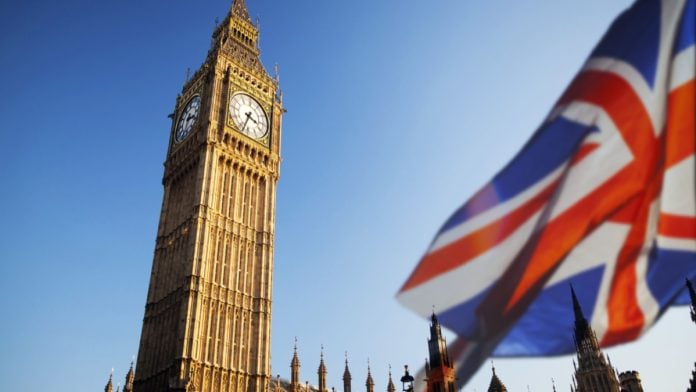At a time when consumer protection has never been so important, a new report by the House of Commons Justice select committee has revealed that fraud now accounts for 40% of all crimes in the UK.
The rise in fraud has been accelerated by the perception that its impact isn’t as significant as other high risk threats. However, the report emphasised that the effects of fraud often go beyond financial loss.
Furthermore, the digitalisation of many economies and workspaces has also heightened the vulnerability of many consumers, with fraudsters tapping into online methods, including social media and email, as avenues to engage potential victims.
It comes as the government is implementing a new national fraud and cybercrime reporting system, which is set to be completed by 2024.
The Government underlined that it will be “a more efficient new system that will provide better intelligence to forces”, arriving at a time when the cost of living crisis continues to be a strain on the economy.
Nonetheless, online fraud has remained less of a priority for crime agencies with only 2% of police funding spent on fraud cases.
Having worked in the financial services for 20 years, Martin Wilson, CEO of OneID, underlined the importance of the government acting fast, also detailing the significance of cross sector action.
Wilson stated off the back of the findings: “The UK, now more than ever, needs the government to make fraud a priority. Most offences of fraud are committed online, with one of the fastest growing types of fraud being authorised push payments fraud, where people are tricked into sending money directly to criminals.
“This not only causes financial strain, it also has a deep emotional impact as people are left feeling foolish for falling for fraudsters’ tricks. At the heart of this type of fraud is fraudsters creating unverified identities or stealing people’s real identities before swindling money from unsuspecting victims.
“Banks have invested heavily in their security measures such as strong customer authentication and have prevented a large amount of fraud, but they are losing vast amounts of money.”
He added: “The key to the fight against fraud will be preventing people from becoming victims of these crimes in the first place. To tackle this, we need the government and the banks to work together to verify the identity of people on both ends of a transaction before money changes hands. Such a system exists in other countries across Europe and has helped reduced fraud dramatically – it’s time for the UK to catch up.”





















